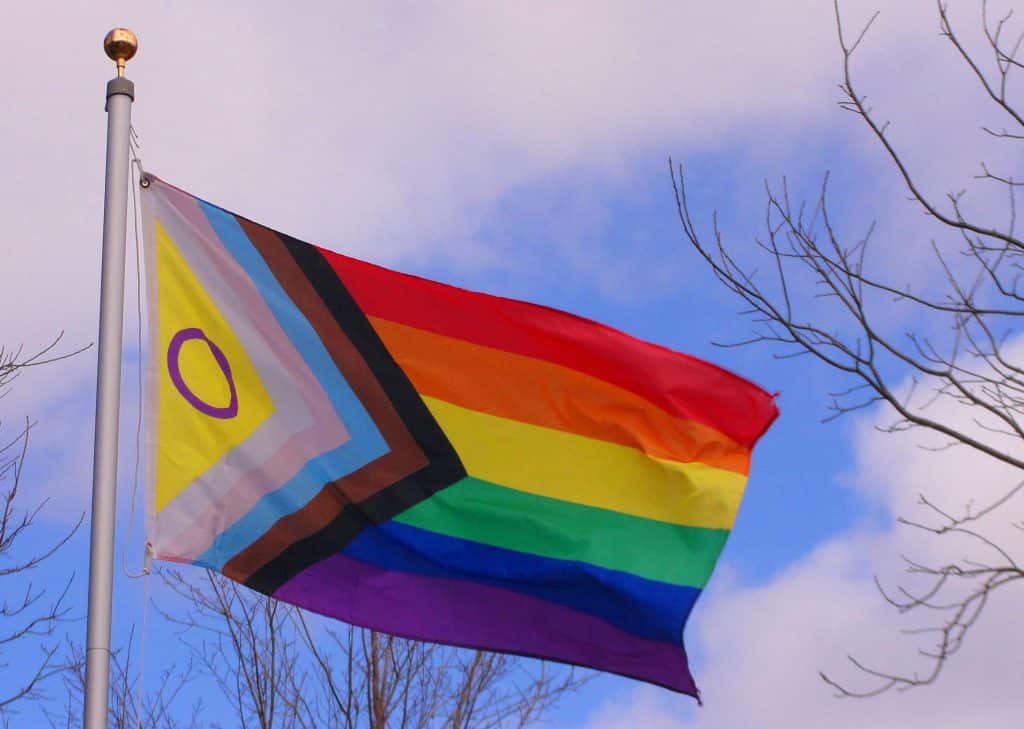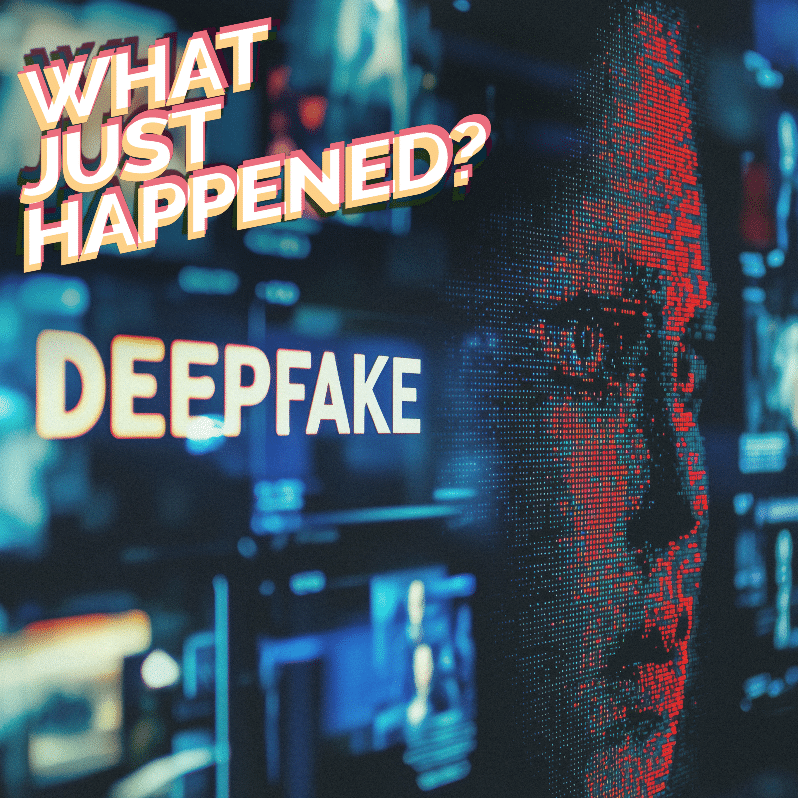We know that allyship, and acting in line with your values, isn’t easy.
If those values are to support, work with, recognise and represent marginalised communities putting those values into action will always be a challenge.
Some who hold powerful positions want to keep certain people marginalised, because they benefit from that exclusion (or fear a loss of power if inclusion goes ‘too far’).
This isn’t just a recent concern, it’s something societies have always struggled with.
But what do you do when your brand has such a pivotal role in shaping the hearts and minds of children, and people are urging you to live by your inclusive values by standing up to a powerful politician? A politician who could do real damage to your business if you get on the wrong side of them?
This is the dilemma that Disney faced back in 2022 when Florida’s Senate passed a bill to ban discussions of sexual orientation or gender identity in classrooms.
The bill led to LGBTQIA+ employees of Pixar, Disney’s animation division, to write a letter to Disney’s leadership team accusing them of avoiding the public debate around “bigoted legislation”, but at the same time profiting from the communities being targeted.
It also led to discussion about LGBTQIA+ representation (or the lack thereof) in Disney’s content.
Disney’s CEO, Bob Chapek apologised for his “painful silence” and for letting people down by not being a better ally. Disney then came out against the Bill, which incurred the wrath of Senator DeSantis, who quickly announced the state would be revoking the 1967 law that allowed Disney to self-govern around 25,000 acres of Orlando. Losing its special tax status.
What can brands takeaway from Disney’s experience?
The fallout lasted for some time, and Kate and Tamara explore the exact details in a recent episode of What Just Happened?, where they discuss the issue with the Diversity Standards Collective’s, Rich Miles.
Rich points out that in situations like this, brands often decide that it’s safer to stay silent (especially when they aren’t sure what to say for the best). But silence doesn’t mean neutrality.
Brands may want to consider that:
- You can’t be neutral about human rights. While it’s easy to stay silent, you can’t stay neutral. You can’t be neutral when it comes to human rights. Silence is often seen as complicity and people don’t forget that.
- Crises come with many unknowns. Rich talks about the ‘fog of war’. You often can’t see the dangers that lie ahead until they’re right in front of you. Leaders need to get comfortable with making a decision with limited information.
- Take refuge in long-term thinking. Yes, you don’t know what dangers lie ahead for the business, or how those in power will respond. What you do know is that your brand has foundational values. It’s these values that draw people to the brand and these values that will help the brand last through many difficult political periods. Making the right choice for the brand may make things bumpy in the short term, but help it survive once the storm clears.
- Don’t lose the good faith of your employees. Disney responded quickly once its employees made their feelings heard. Employees can be some of the best advocates and champions of the brand they represent. They (generally) want to see the business thrive and want to work somewhere that makes the world a little better and a lot kinder.
There are no easy answers for businesses in situations like this. Doing the right thing is rarely easy, but worth the pain.
–
Photo by Ken Whytock on Unsplash








